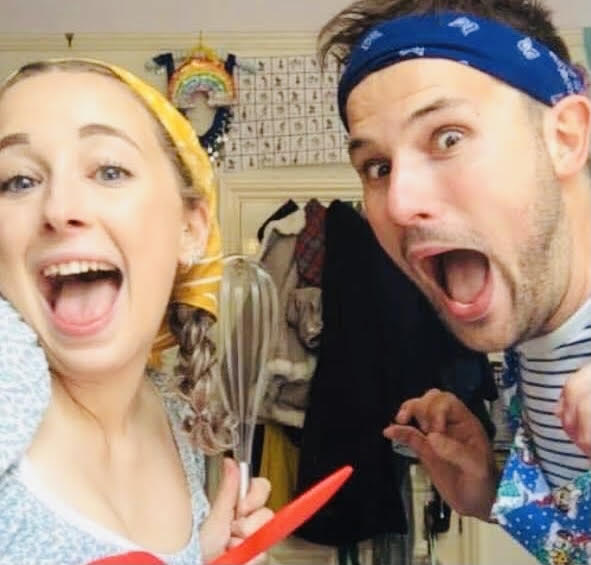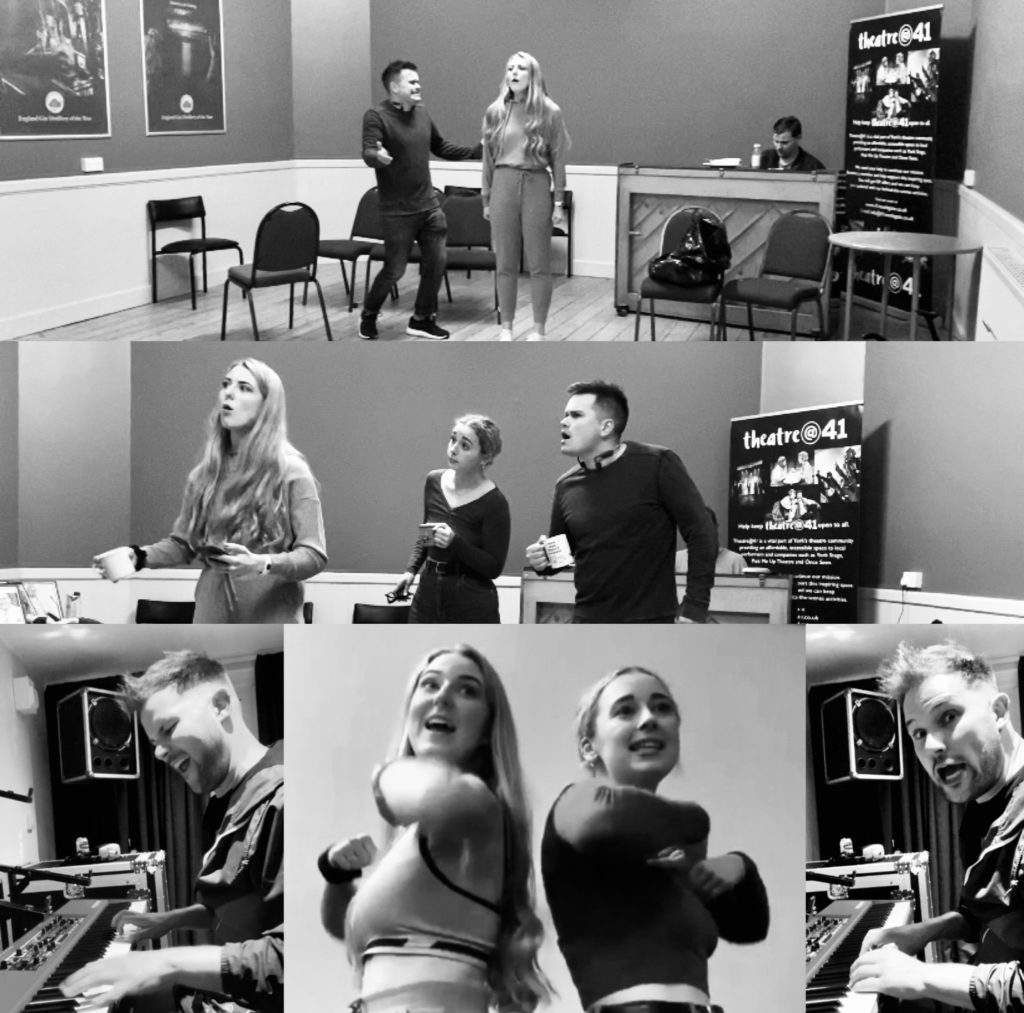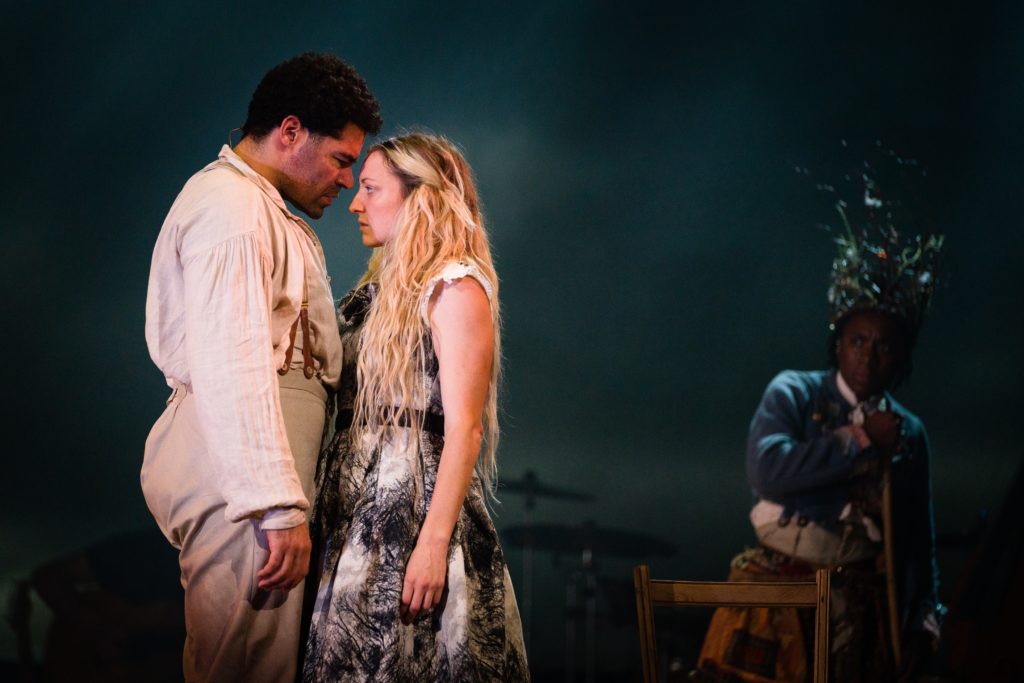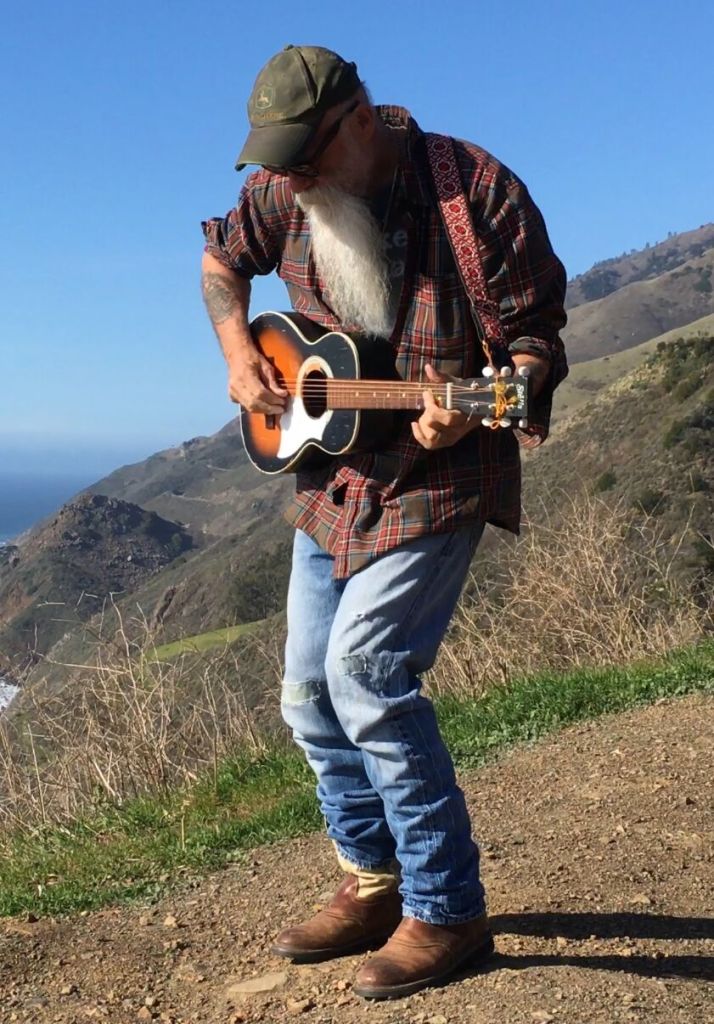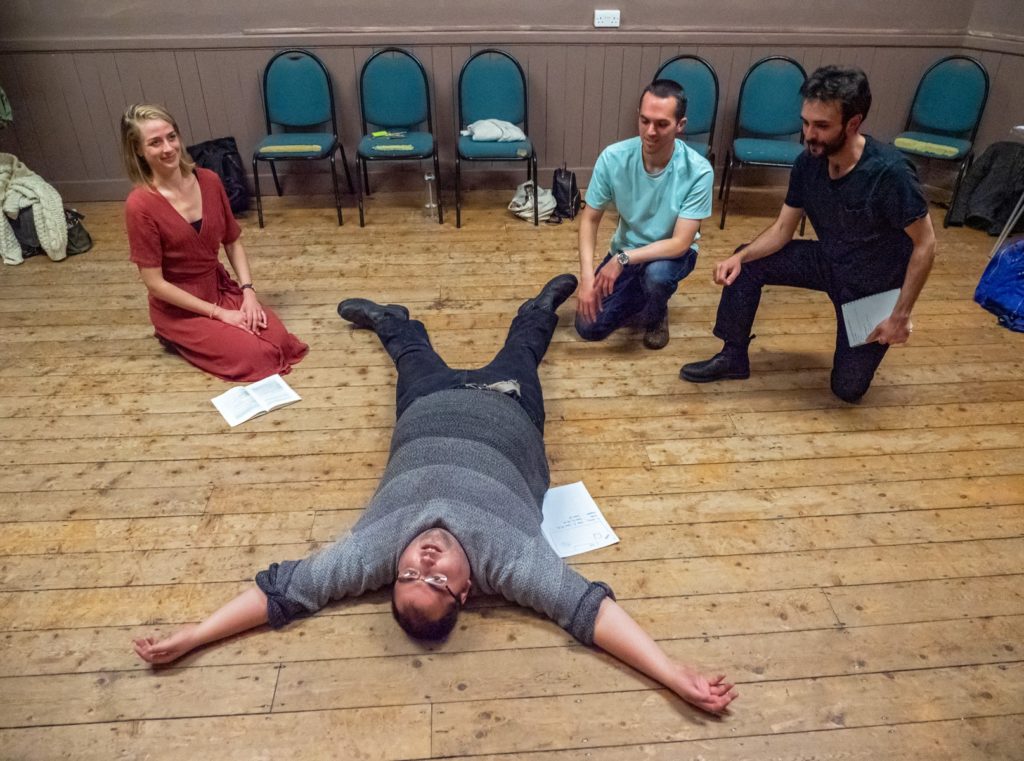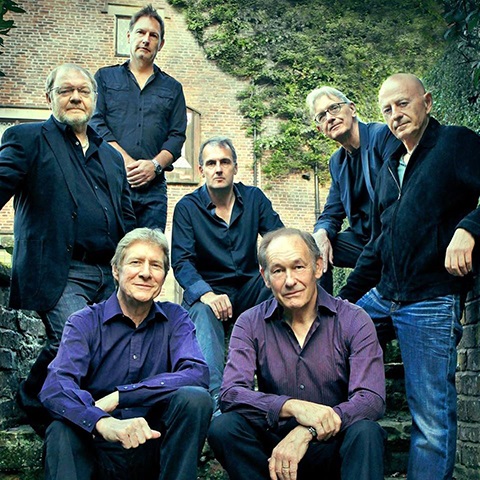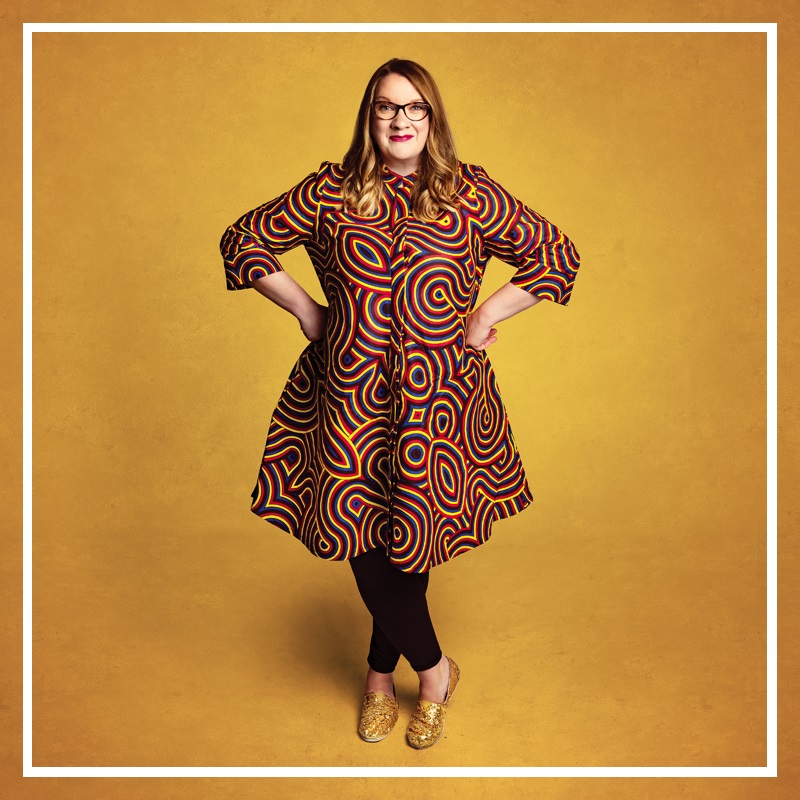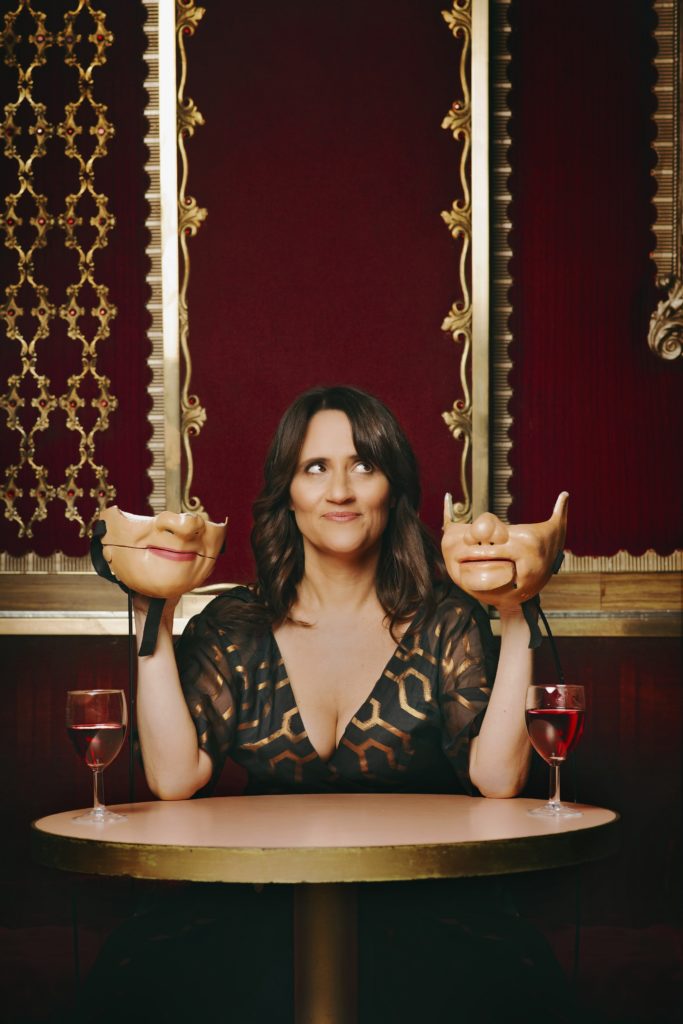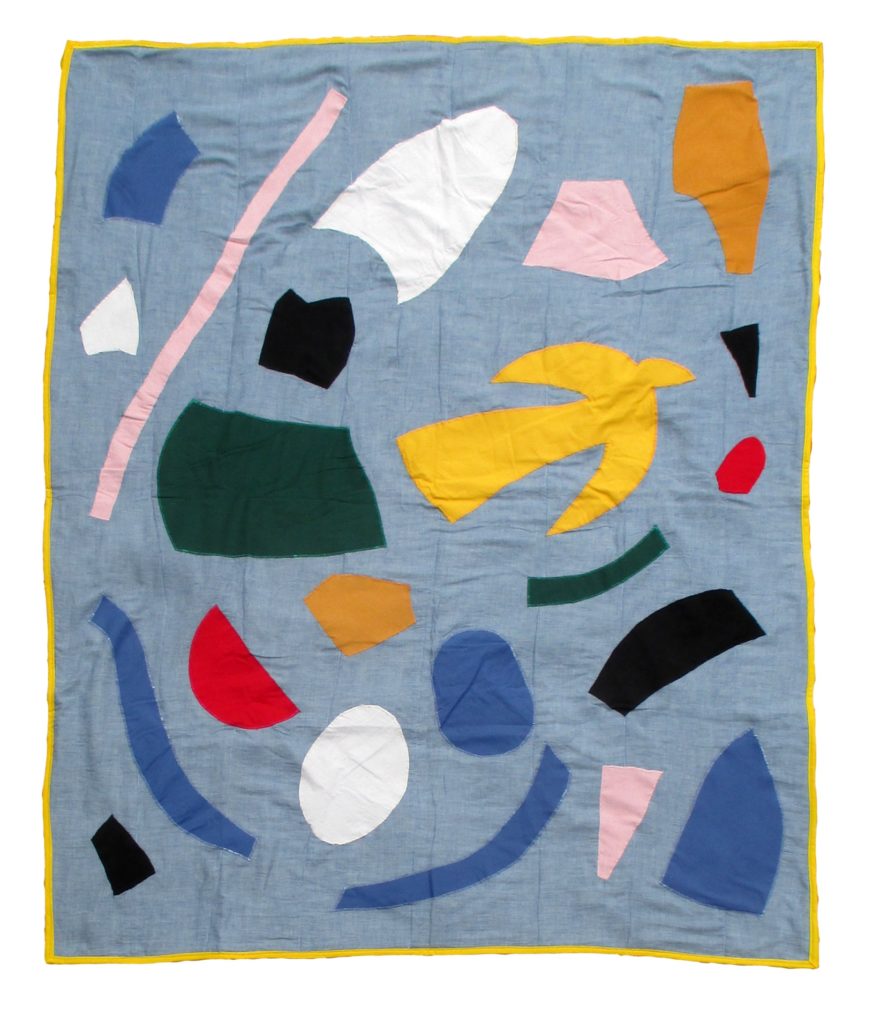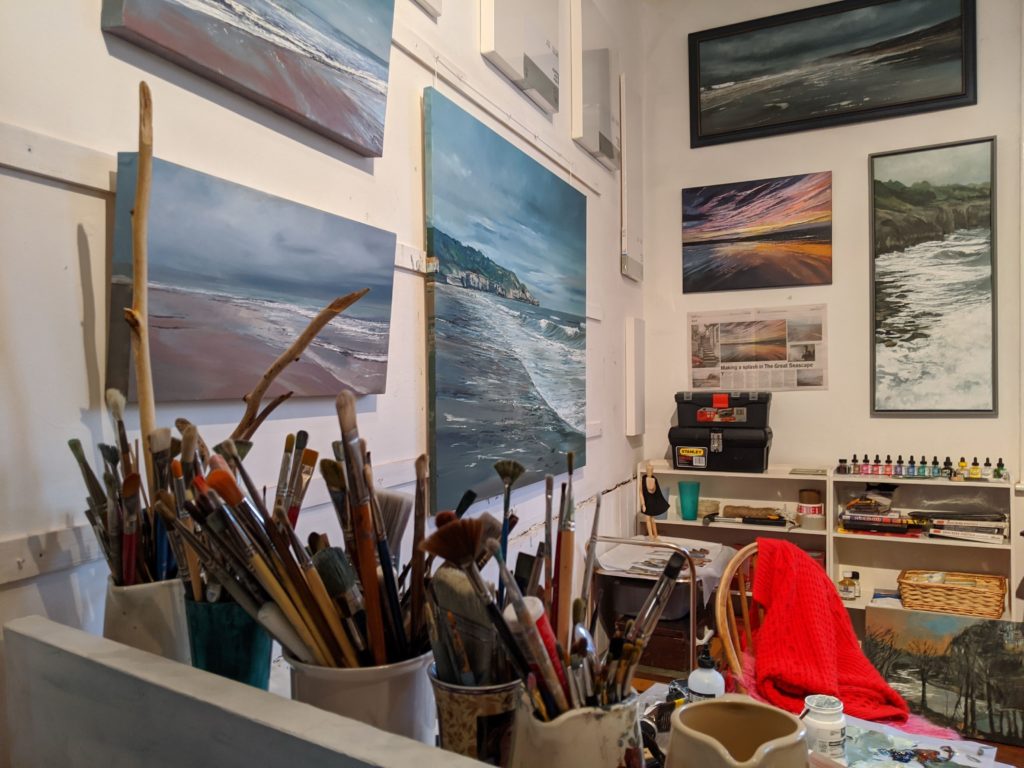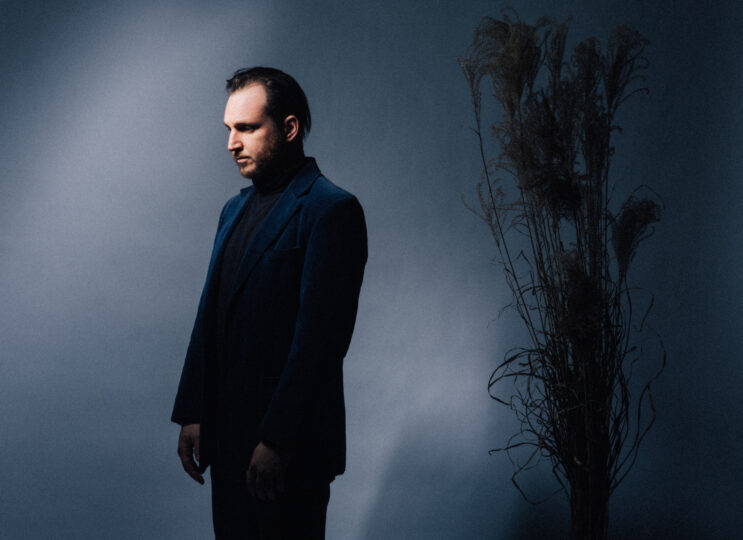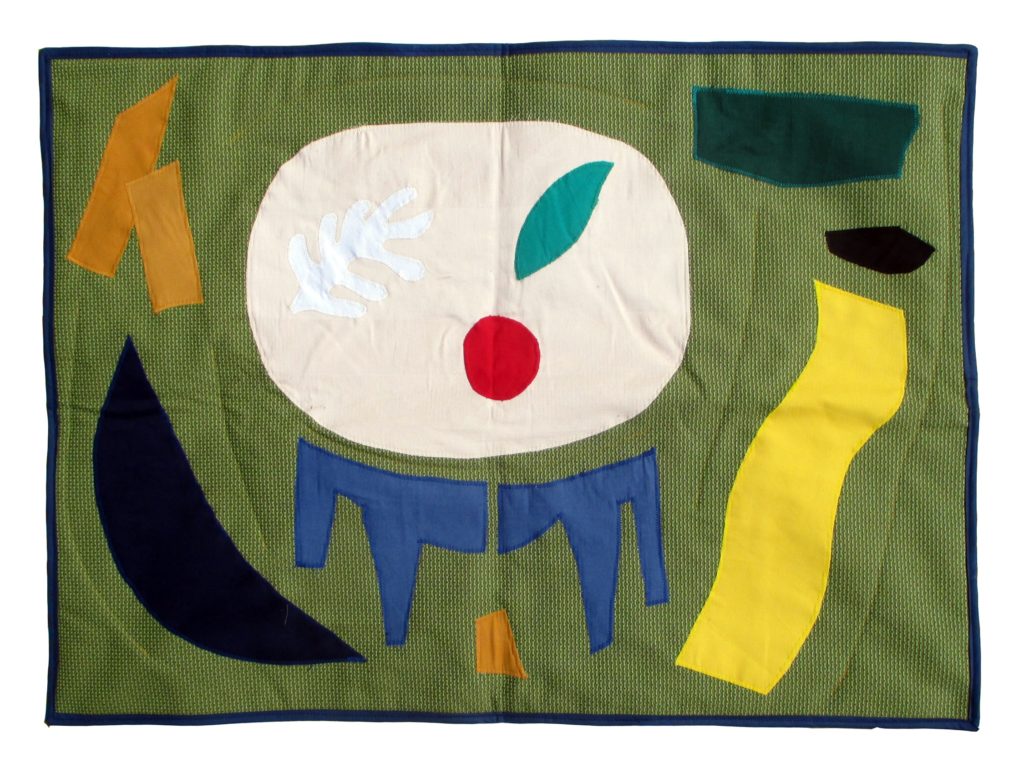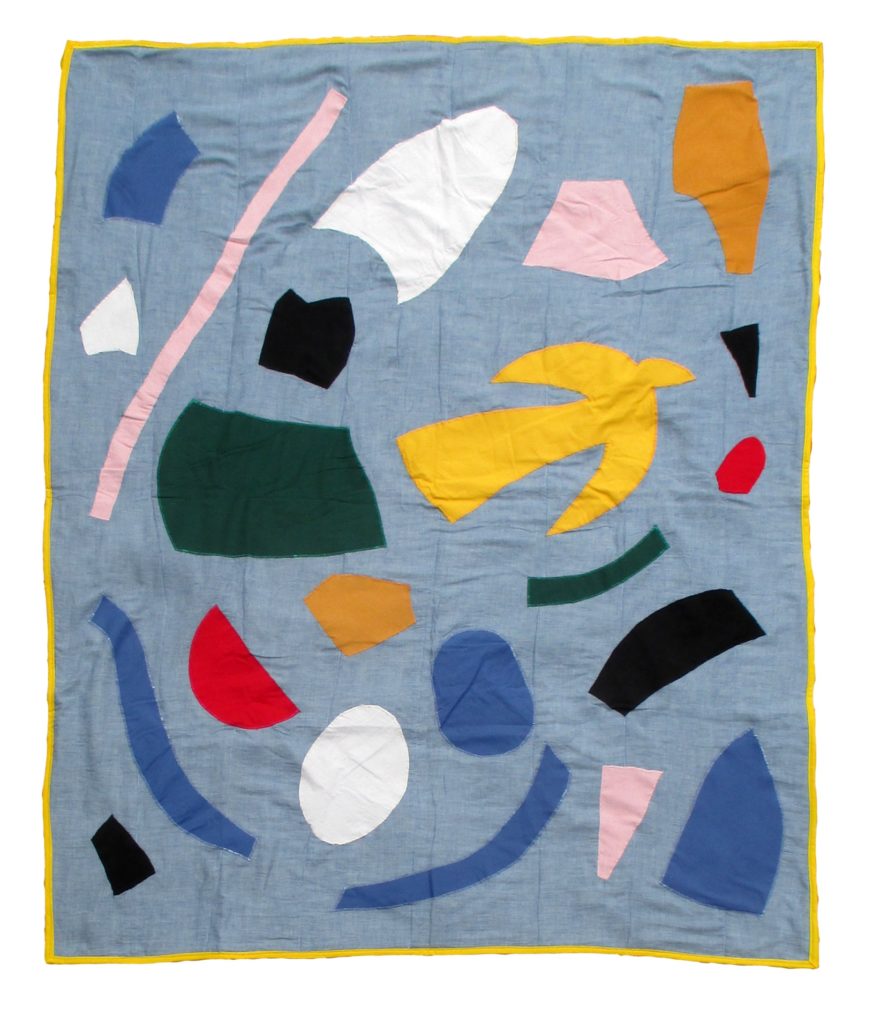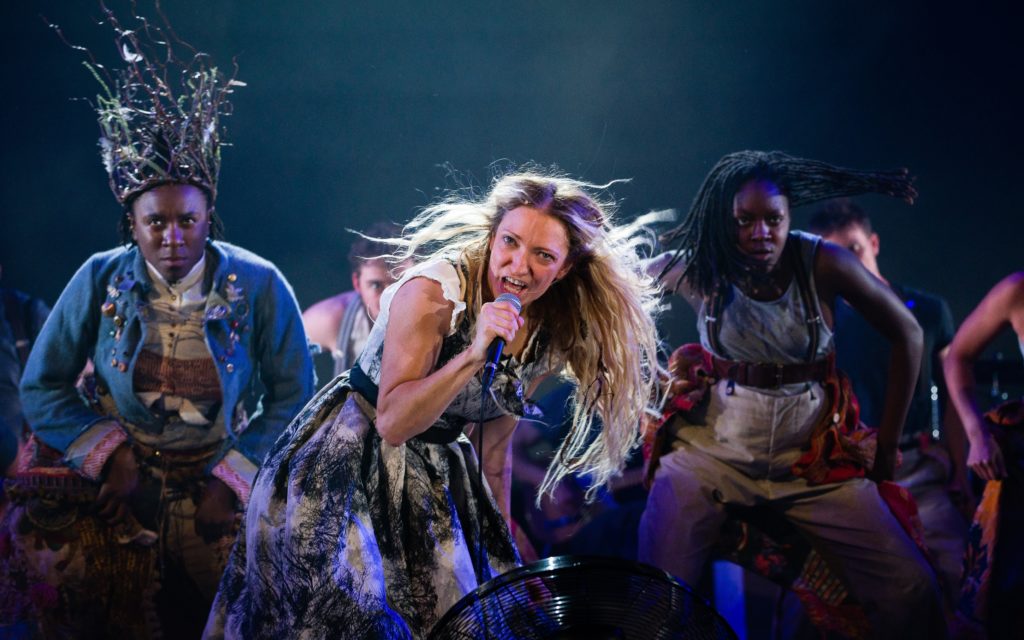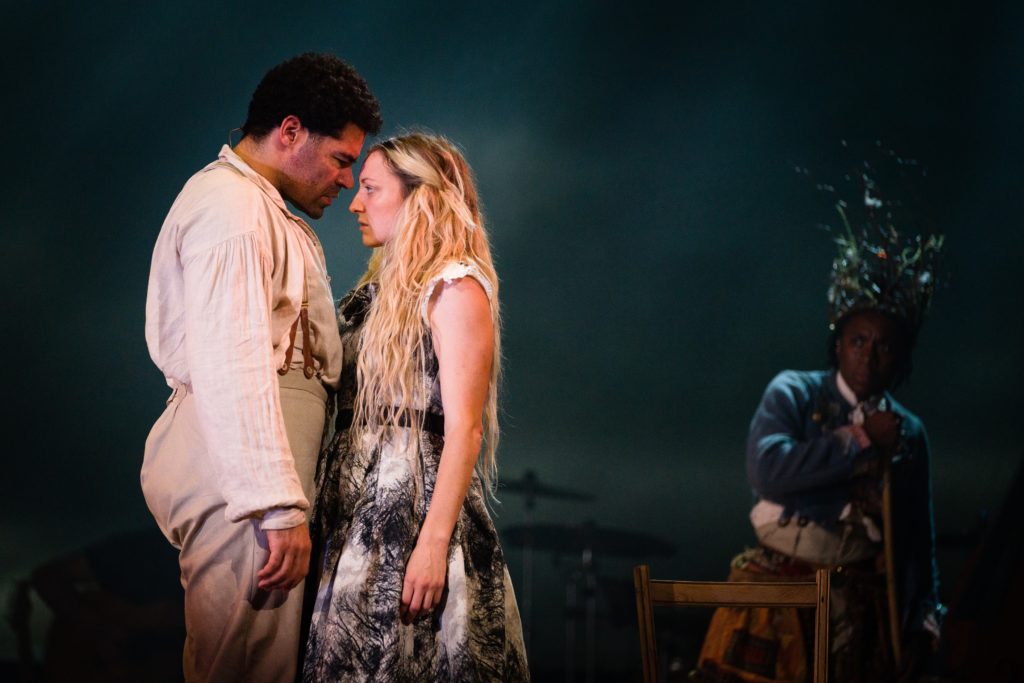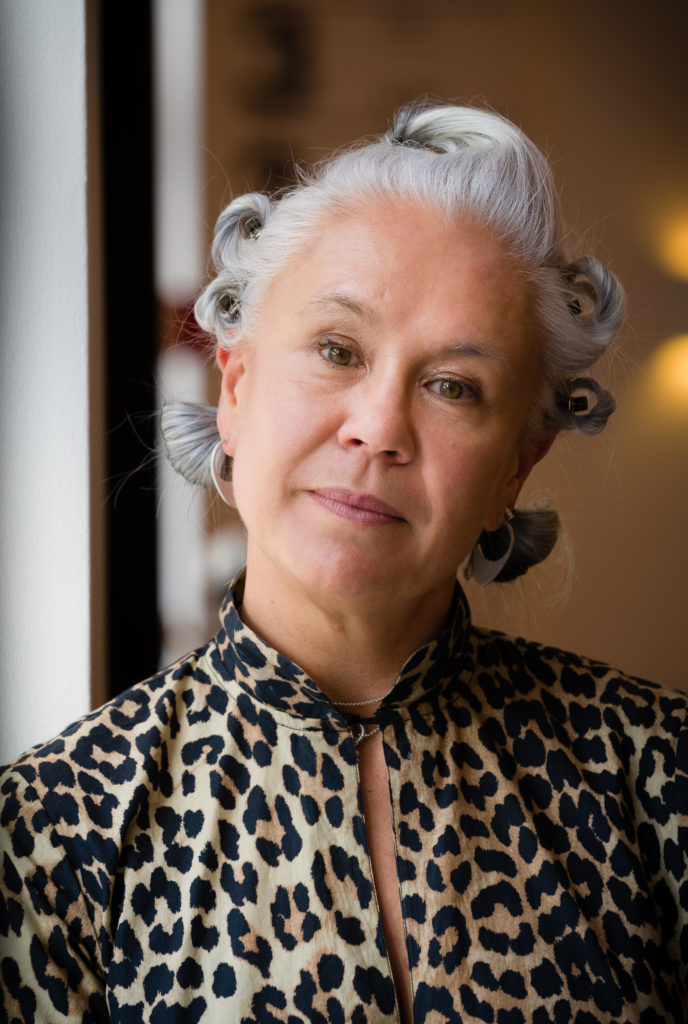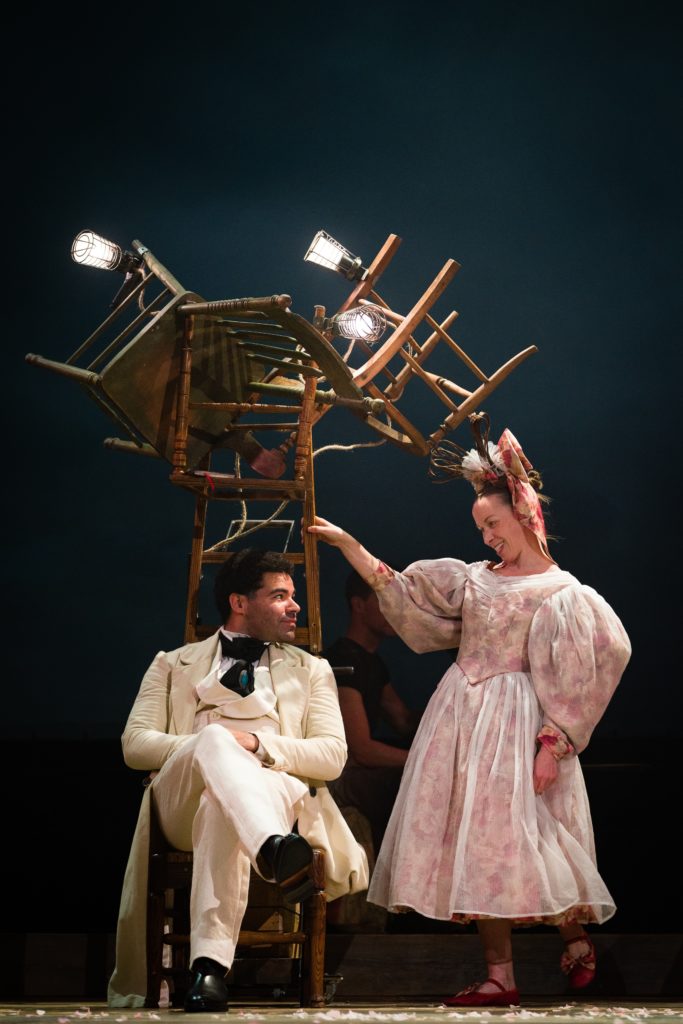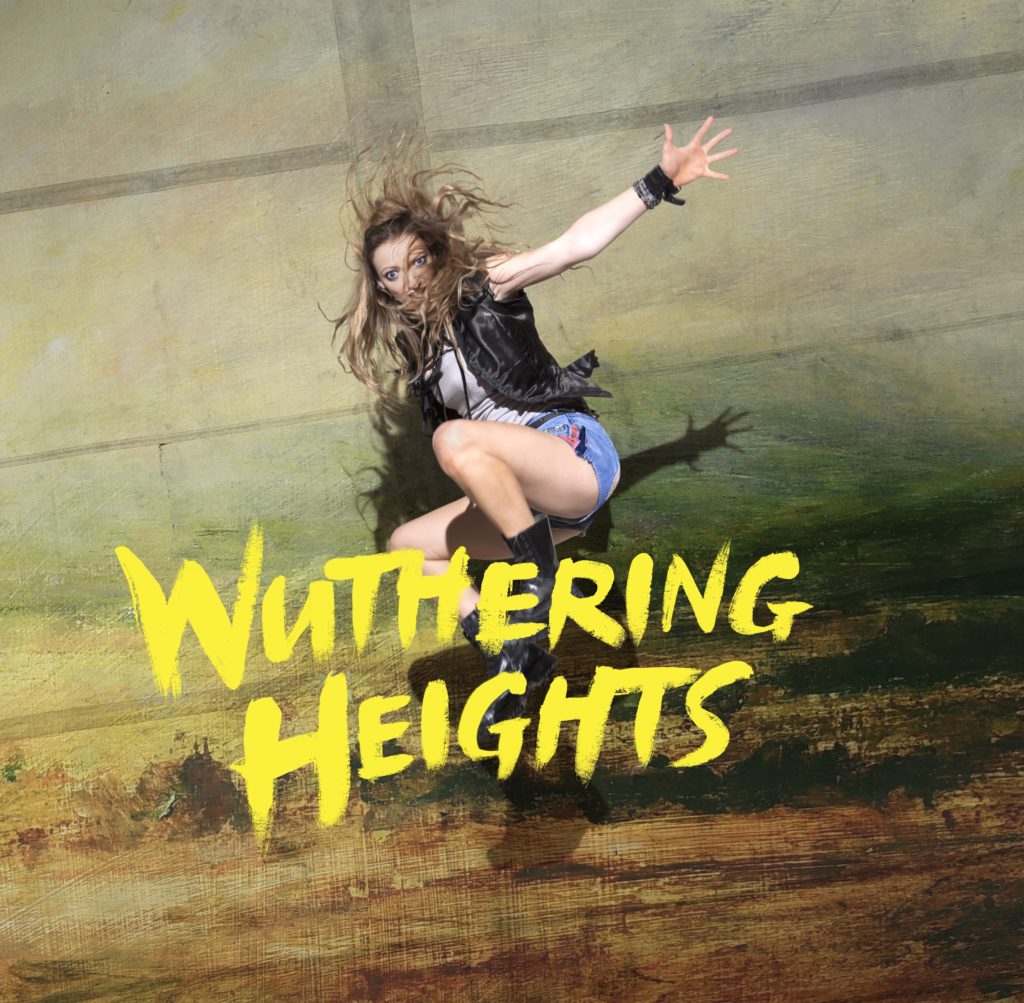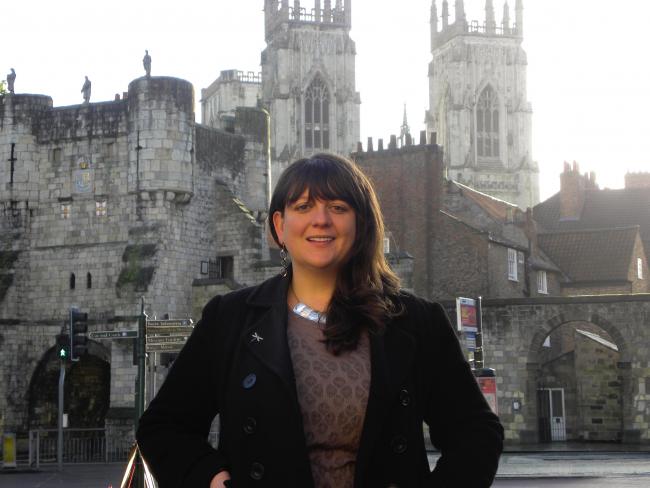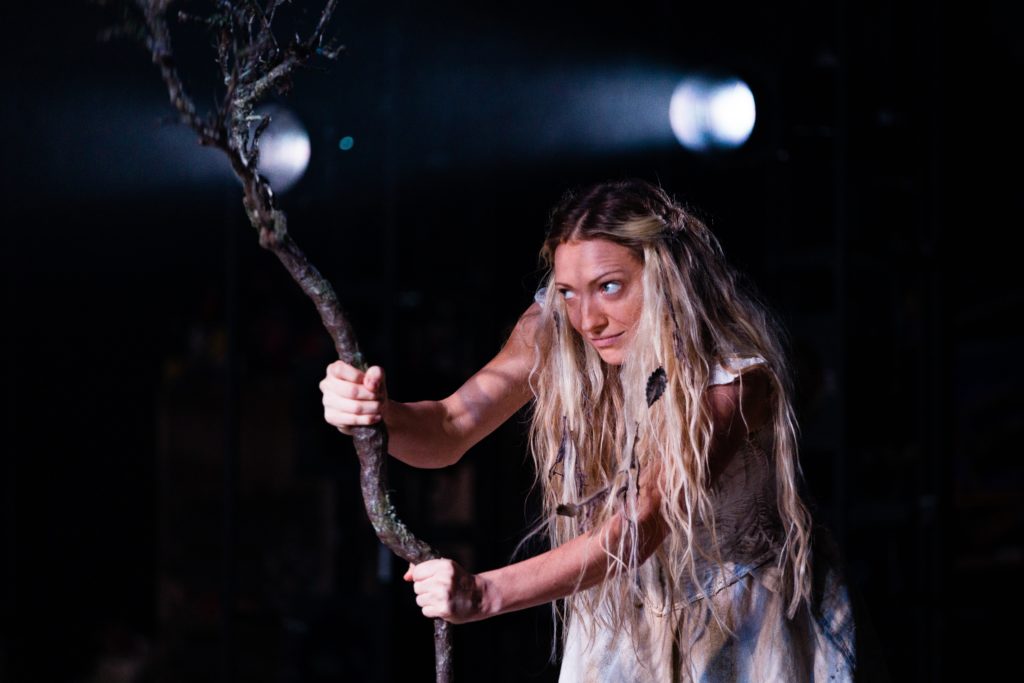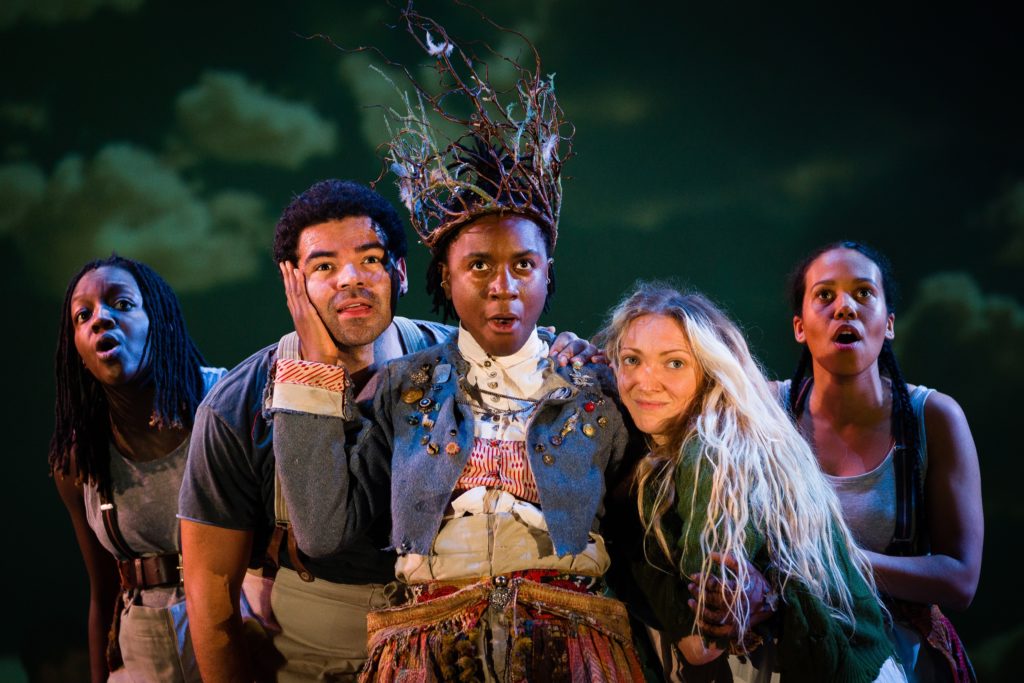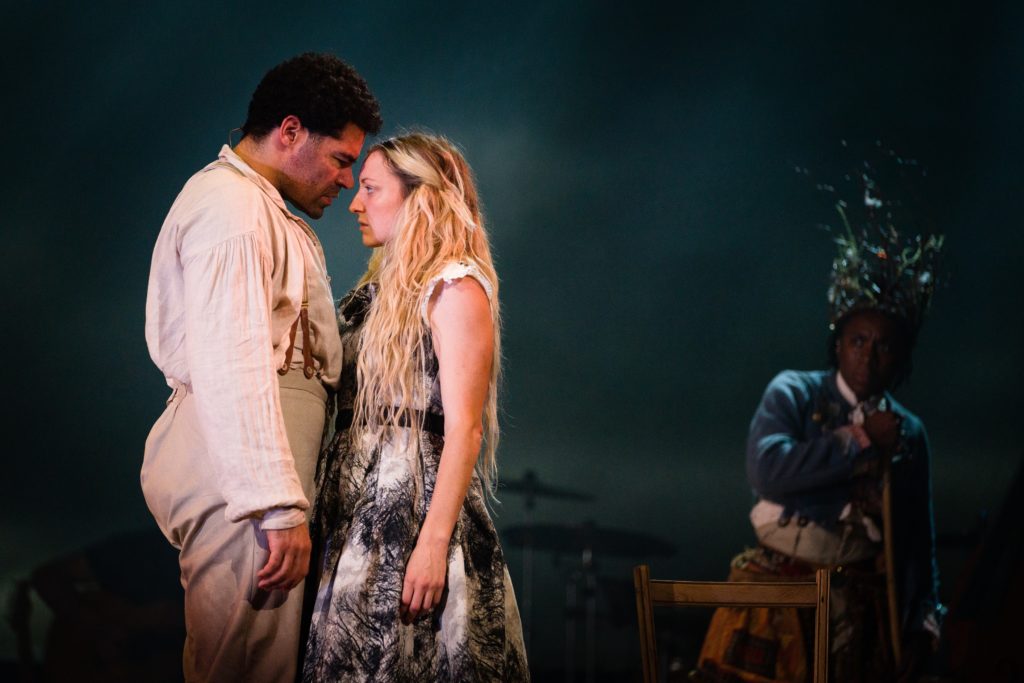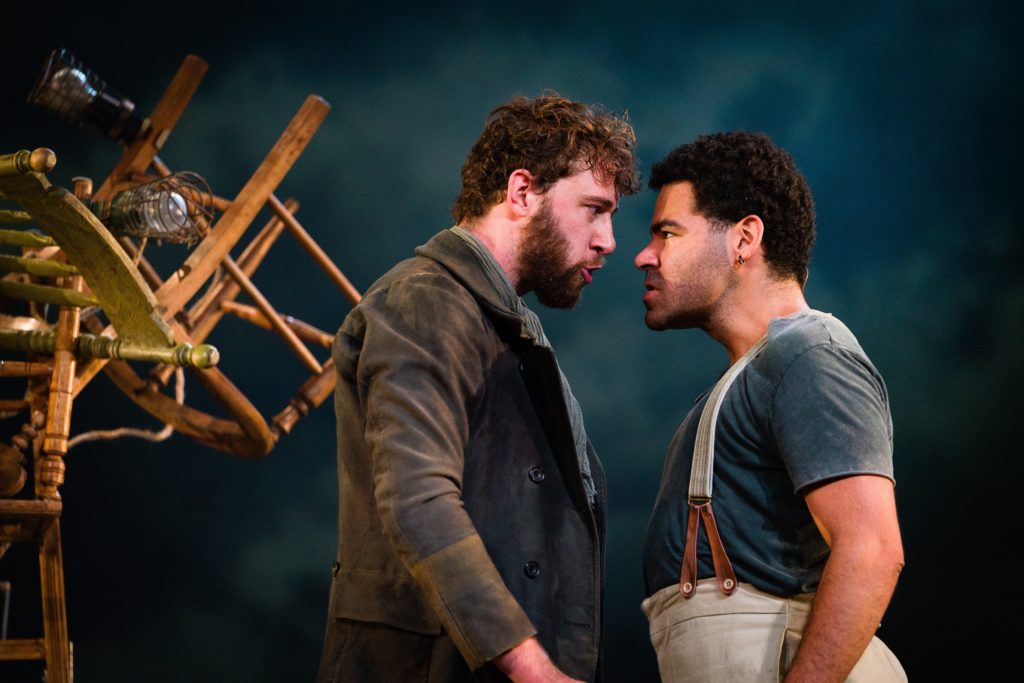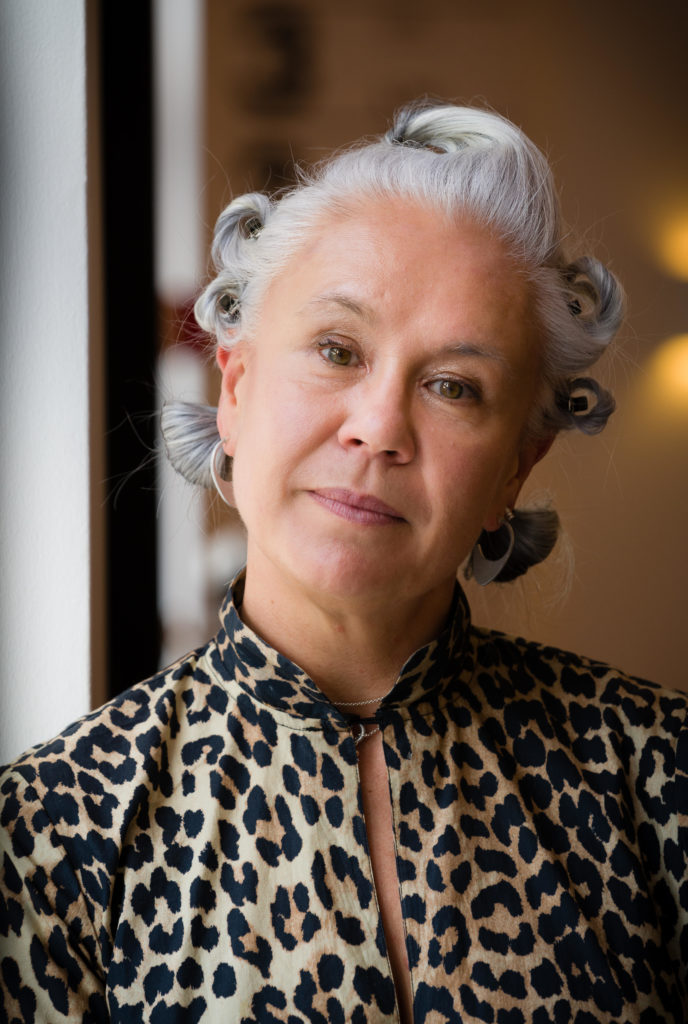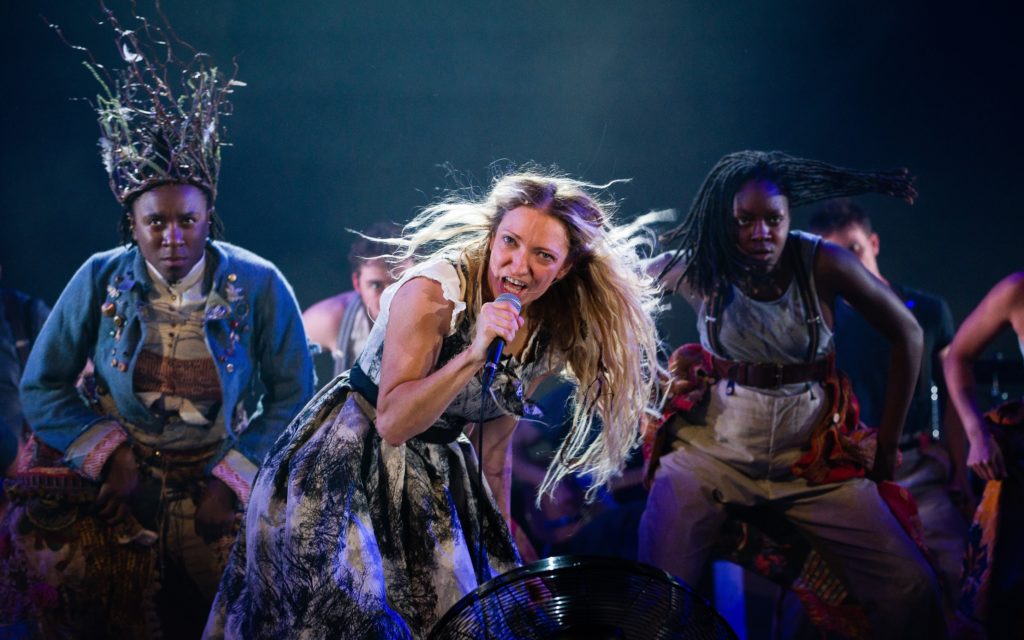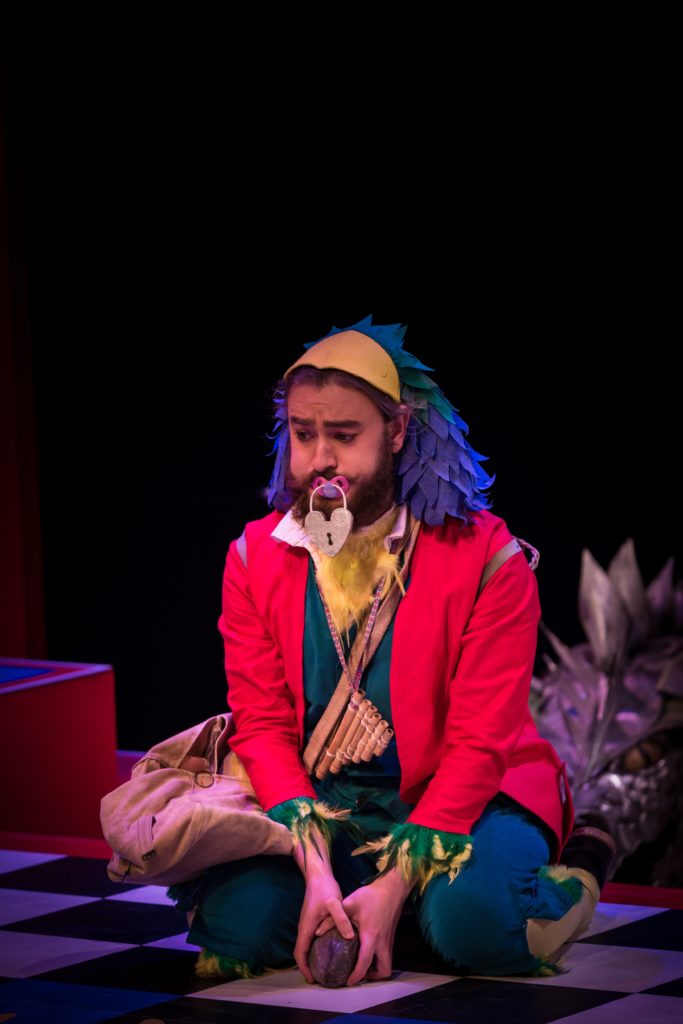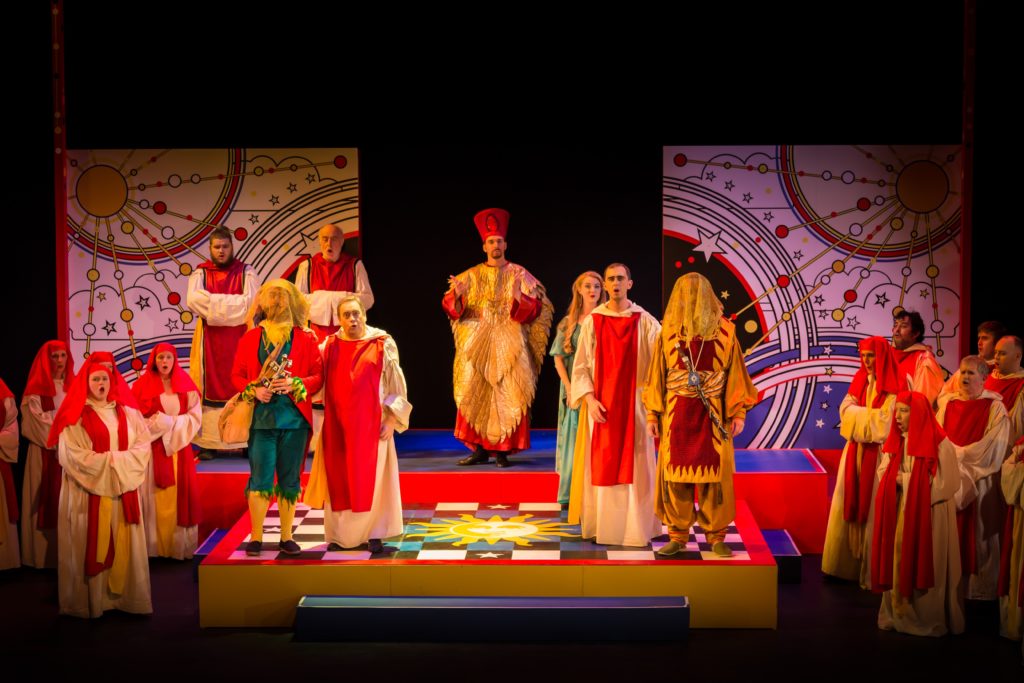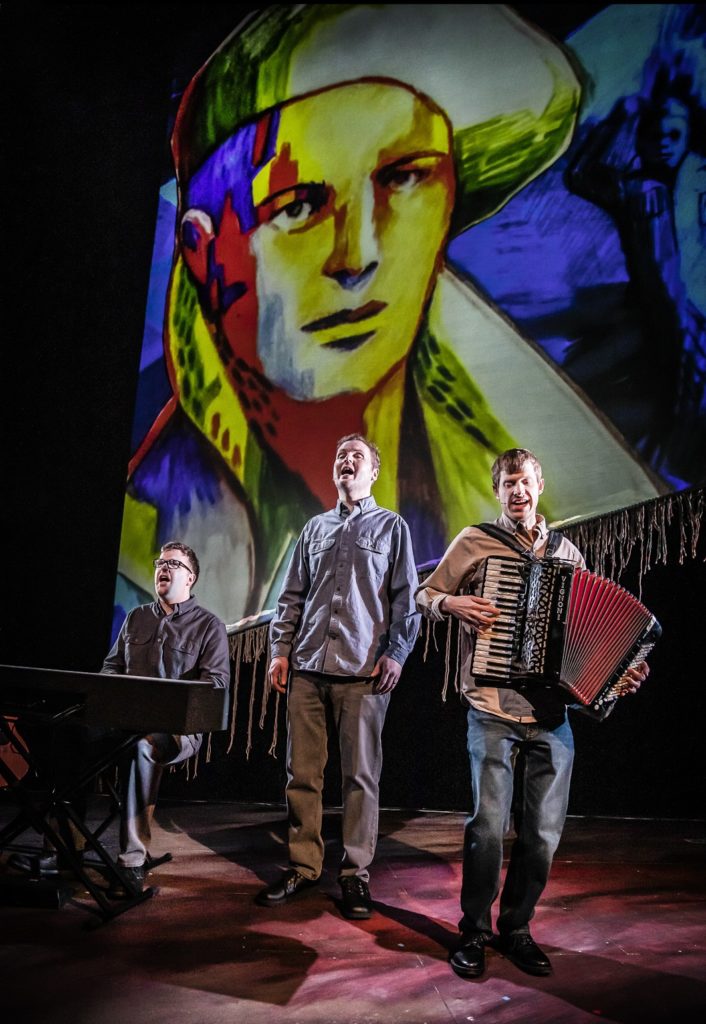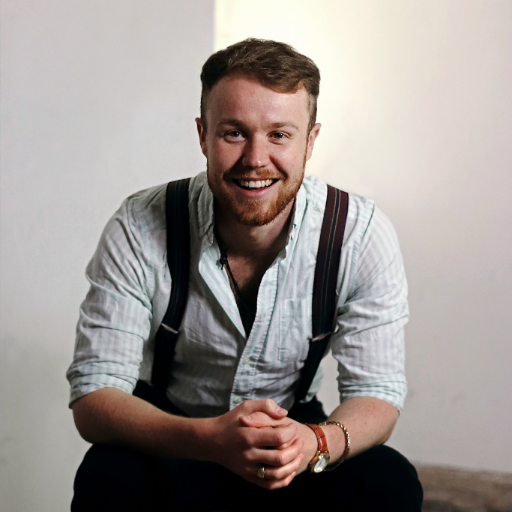
IMAGINE if you could have a busy week ahead? Let Charles Hutchinson fill your diary.
Angriest comedy gig of the week: Paul Chowdhry, Grand Opera House, York, tonight, 8pm
AFTER barely surviving the pandemic, British-Asian stand-up Paul Chowdhry tackles the UK’s handling of the Coronavirus crisis and why the rules of six only worked for white people in Family-Friendly Comedian (No Children).
Two years of pent-up frustration go into this new tour show, where Londoner Chowdhry also discusses fame, England football fans and Tom Cruise landing his helicopter in someone’s garden. Box office: 0844 871 7615 or at atgtickets.com/york.
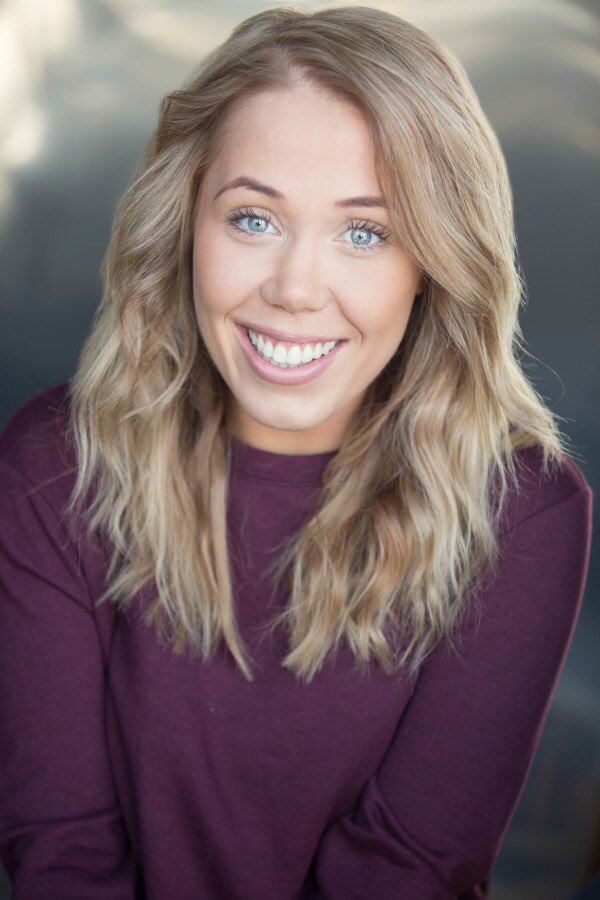
Studio play of the week: Imagine If Theatre Company in My Old Man, York Theatre Royal Studio, tonight, 8pm
IMAGINE If Theatre Company, from Leeds, is touring a part-theatre, part-film production of Chesca Cholewa’s humorous and heartfelt play My Old Man.
When Michal Piwowarski’s granddaughter, Tasha (played by Cholewa), finally moves out, his whole world changes. The school dinner-lady becomes his favourite person, a new neighbour moves on to the street, and Michal (Paul Shelley) has to face his biggest battle yet as My Old Man follows the trials and tribulations of this old, blind Polish soldier. Box office: 01904 623568 or at yorkthreatreroyal.co.uk.
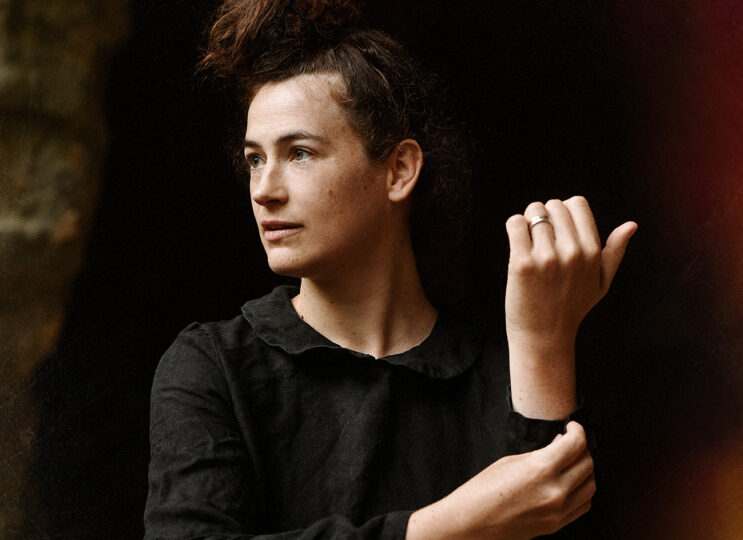
Experimental gig of the week: This Is The Kit, The Citadel, Gillygate, York, tomorrow, 7.30pm
KATE Stables’ experimental folk quartet This Is The Kit return to York for a special show at The Citadel, the former Salvation Army HQ, presented by Please Please You, The Crescent and Brudenell Presents. Support comes from Nuala Honan and Pavey Ark. Box office: brudenellsocialclub.seetickets.com.

Christmas shopping? Opportunity presents itself at Inspired, York Cemetery Chapel, Saturday and Sunday, 10am to 5pm.
INSPIRED, the annual Christmas show by York artist and designer makers, will be held at York Cemetery Chapel, in Cemetery Road, York, this weekend.
Taking part will be Jo Bagshaw and Richard Whitelegg, jewellery; Catherine Boyne-Whitelegg, pottery; Petra Bradley, textiles; Sally Clarke, collage printmaking; Angela Newdick, collage and surface pattern design; Adi French and Karen Winship, painting, and John Watts and Wilf Williams, furniture.
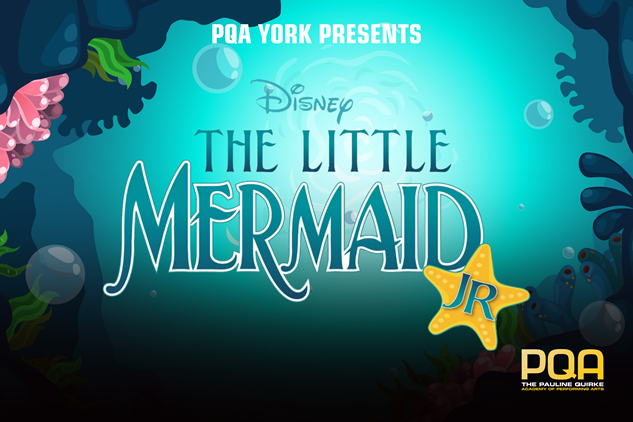
Children’s show of the week: PQA Productions in Disney’s The Little Mermaid Jr, Joseph Rowntree Theatre, York, tomorrow and Saturday, 7.30pm
PAULINE Quirke Academy (PQA) York journeys under the sea with Ariel and her aquatic friends in Disney’s The Little Mermaid Jr, adapted from Disney’s Broadway show and film, based on Hans Christian Andersen’s story of sacrifices made for love and acceptance.
Young mermaid Ariel longs to leave her magical ocean home and fins behind for the world above. First, however, she must defy her father, King Triton, make a deal with evil sea witch Ursula and convince Prince Eric she is the girl whose enchanting voice he has been seeking. Separate casts perform the two shows. Box office: 01904 501935 or at josephrowntreetheatre.co.uk.
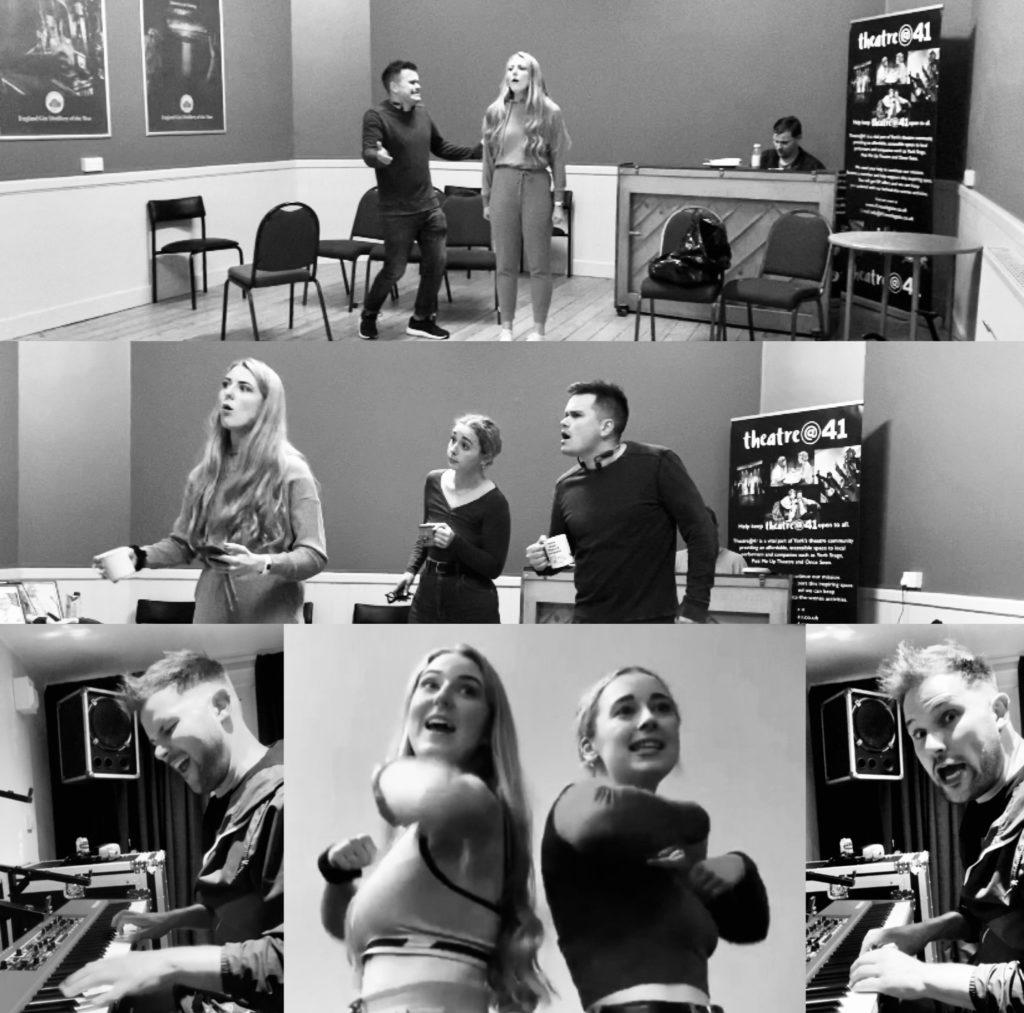
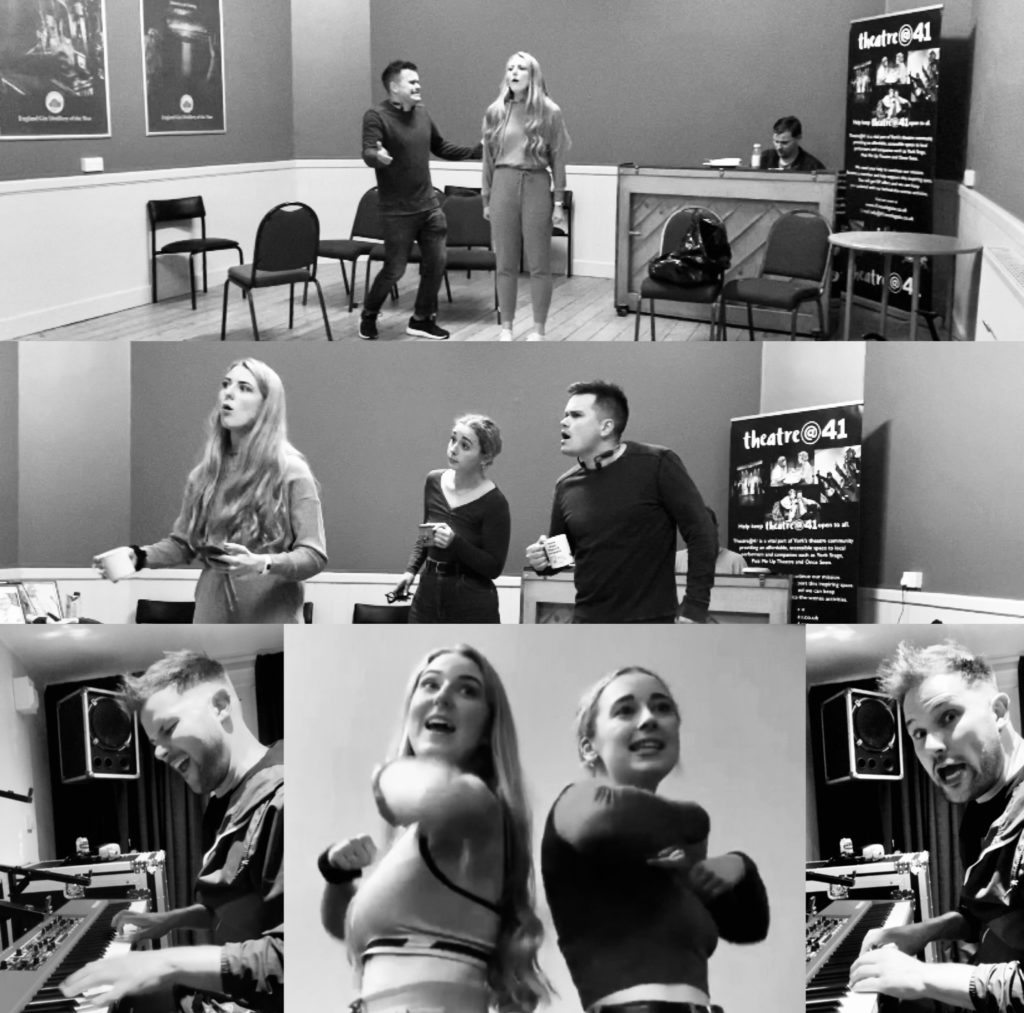 Adam Sowter, Florence Poskitt, Alexandra Mather and Andrew Roberts in rehearsal for Saturday’s Fladam and Friends’ Musical Comedy Hootenanny
Adam Sowter, Florence Poskitt, Alexandra Mather and Andrew Roberts in rehearsal for Saturday’s Fladam and Friends’ Musical Comedy HootenannyWitty and warm songs of the week: Fladam and Friends’ Musical Comedy Hootenanny, Theatre@41, Monkgate, York, Saturday, 2.30pm and 7.30pm
FLADAM duo Florence Poskitt and pianist Adam Sowter take to the Theatre@41 stage with thespian friends Alexandra Mather, Andrew Roberts and Andrew Isherwood for two shows of musical comedy joy.
Fladam’s own topical witty ditties will be complemented by a celebration of Morecambe & Wise, Bernard Cribbins, Victoria Wood and more. Box office: tickets.41monkgate.co.uk.
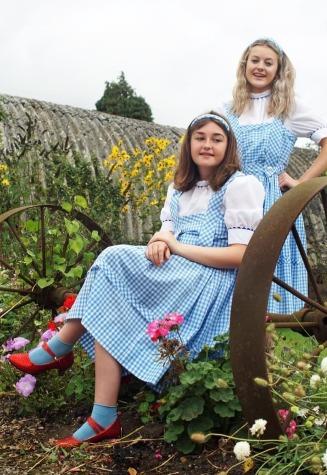
Sparkling slippers of the week: NE Musicals York in The Wizard Of Oz, Joseph Rowntree Theatre, York, Tuesday (23/11/2021) to Saturday
DIRECTOR Steve Tearle has assembled a cast of 60 for NE Musicals York’s energetic staging of The Wizard Of Oz, led by Libby Anderson and Scarlett Waugh, who will alternate the role of Dorothy.
Further roles go to Maia Stroud as Glinda; YO1 presenter Chris Marsden, the Wizard of Oz; Perri Ann Barley, Wicked Witch of the West; Finley Butler, the Scarecrow; Kristian Barley, the Tin Man, and Tearle himself as the Cowardly Lion.
Expect an all-singing, all-dancing production with special effects by Adam Moore’s team at Tech247. Box office: 01904 501935 or at josephrowntreetheatre.co.uk.

Dance celebration of the week: Phoenix Dance Theatre in 40 Years Of Phoenix, York Theatre Royal, Tuesday and Wednesday, 7.30pm
PHOENIX Dance Theatre launch their milestone 40th birthday programme at York Theatre Royal, bringing together highlights from the Leeds company’s groundbreaking history.
Phoenix will combine celebration and reflection in a show featuring Lost Dog duo Ben Duke and Raquel Meseguer’s Pave Up Paradise; former artistic director Darshan Singh Bhuller’s Heart Of Chaos; Henri Oguike’s Signal; Shapiro and Smith’s satirical piece Family and Jane Dudley’s 1938 masterpiece Harmonica Breakdown. Box office: 01904 623568 or at yorktheatreroyal.co.uk.
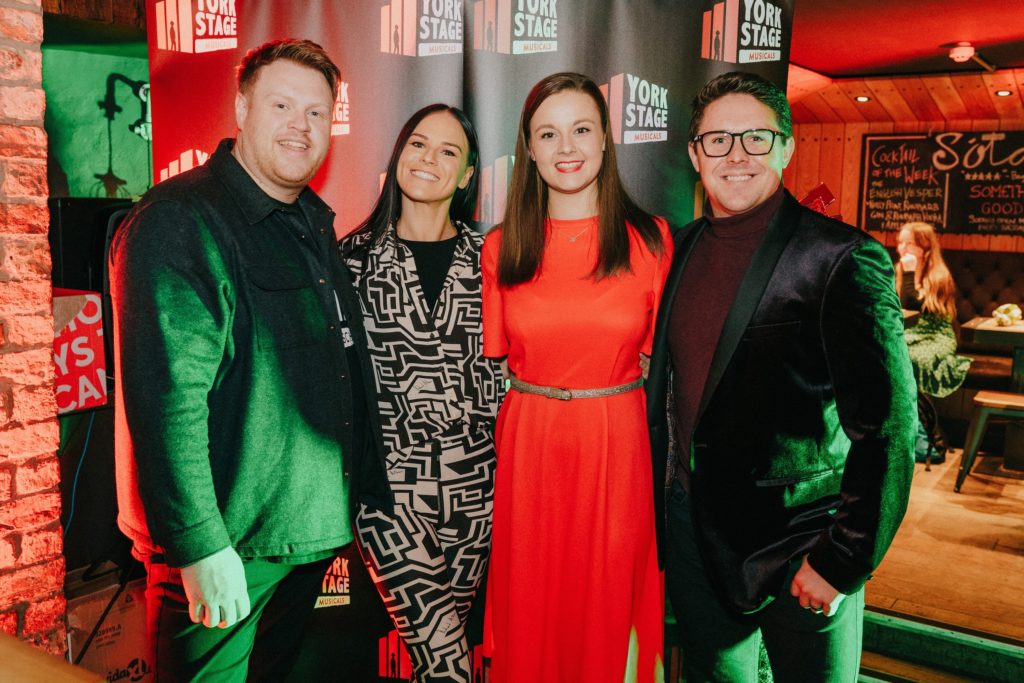
Christmas musical of the week: York Stage Musicals in Elf! The Musical, Grand Opera House, York, November 25 to December 3
YORK Stage Musicals present the York premiere of Matthew Sklar, Chad Beguelin, Thomas Meehan and Bob Martin’s Elf! The Musical, directed by artistic director Nik Briggs.
Based on Will Ferrell’s 2003 film, Elf! follows orphan child Buddy to Santa’s North Pole abode, where, unaware he is human, his enormous size and poor toy-making abilities cause him to face the truth.
Given Santa’s permission, Buddy (Damien Poole) heads to New York City to find his birth father, discover his true identity and help the Big Apple to remember the true meaning of Christmas. Box office: atgtickets.com/york.
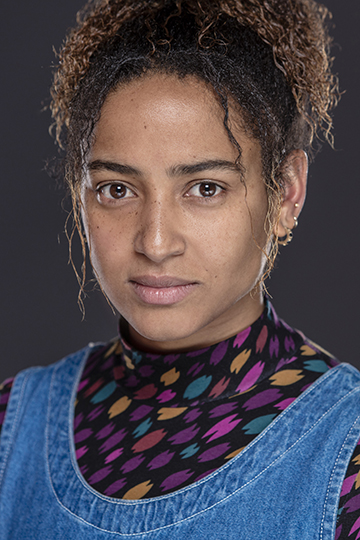
Play readings of the week: Riding Lights Theatre Company presents Maryland, Friargate Theatre, York, November 26, 6.30pm and 8.30pm
TWO staged readings of Lucy Kirkwood’s 30-minute protest play will feature Amaka Okafor, from the original Royal Court Theatre cast, Laura Pyper, Mark Holgate, Cassie Vallance, Kesiah Joseph, Patricia Jones and Meg Blowey.
Kirkwood wrote Maryland as a “passionate and furious act of resistance to draw attention to the shocking numbers of women who repeatedly suffer violent abuse throughout Britain. The play is not specific; it addresses issues of police behaviour and a culture of violence against women and girls”.
After sold-out performances in London, the Royal Court offered Maryland for free for theatre companies to perform in solidarity and protest. York company Riding Lights has taken up that opportunity, with associate director Bridget Foreman directing the readings. Box office: 01904 613000.
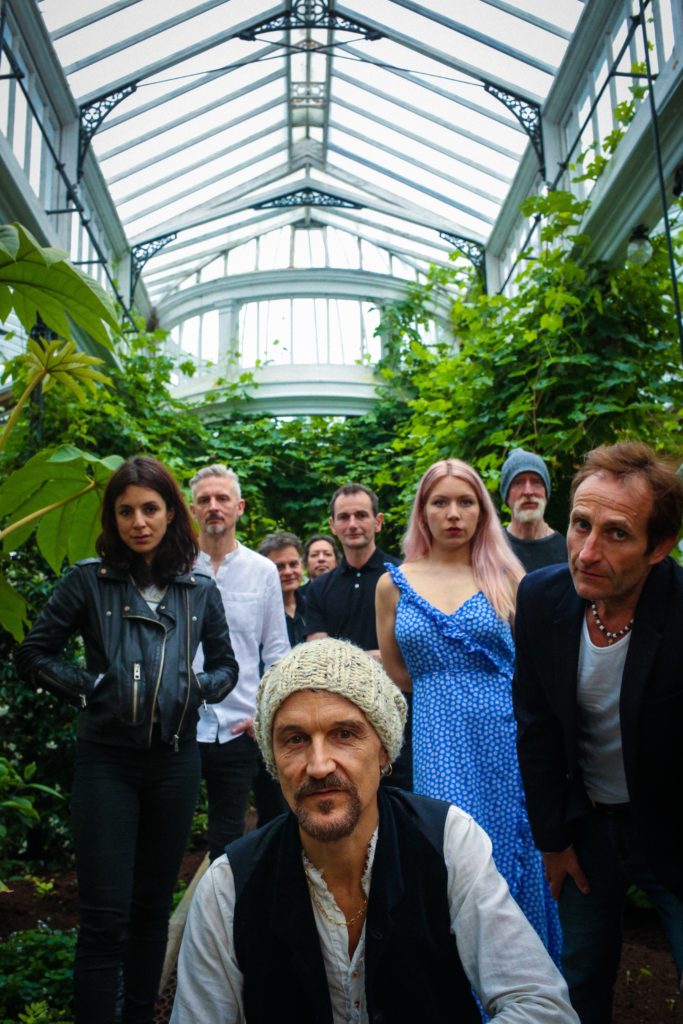
Gig of the week ahead outside York: James and special guests Happy Mondays, Leeds First Direct Arena, November 25, doors, 6pm
ALL of 33 years ago, Factory label mates James and Happy Mondays first toured together. Now, two of Manchester’s champion bands reunite for a November and December arena tour.
“Last played with them in 1988, hopefully this time they won’t steal our rider or try and spike my drink,” tweeted Tim Booth, James’s Clifford-born frontman, when announcing the dates with rapscallion rascals Shaun Ryder, Bez and co.
James, who played Scarborough Open Air Theatre this summer, will be showcasing their “sweet 16th” album, All The Colours Of You, released in June. Box office: firstdirectarena.com. Stage times: Happy Mondays, 7.30pm; James, 9pm.

